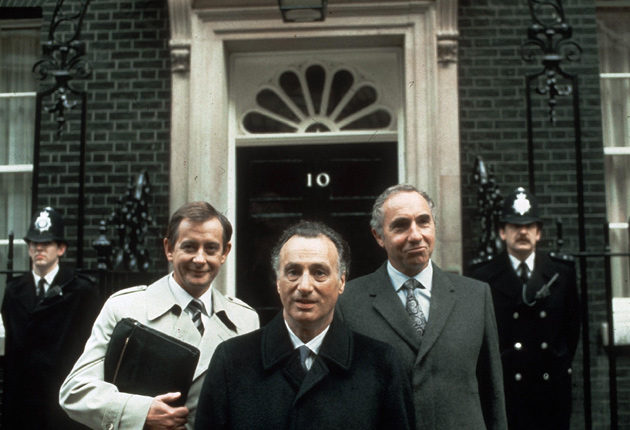A government draft energy bill published today, lays out plans aimed to guarantee prices for low-carbon electricity and pay producers for providing back-up supply when wind power falls short, according to the Department of Energy and Climate Change. DECC. It’s aimed at securing commitments from utilities to fund new atomic reactors and clean-power projects, curbing reliance on gas-fed plants. As the plan invites private sector to invest in building a new generation of nuclear power plants.
EDF, The firm, which runs eight nuclear power stations in the UK, is working with the Office for Nuclear Regulation (ONR) regarding the “the extension of the operational lifetime of their existing fleet of nuclear power reactors”, the ONR said.
On its website, the EDF announced the reactors were due to start decommissioning in 2016, with seven of the eight ceasing generation by 2023. The company is due to make a final investment decision on the UK’s first two new nuclear reactors at Hinkley Point, Somerset, by the end of this year.
In the Queen’s Speech earlier this month the coalition government unveiled plans for an overhaul of the electricity market to drive sizable investment in low carbon power in an attempt to fill the looming energy gap.
EDF told the Guardian newspaper that it remained committed to building new nuclear reactors. “Extending the lives of our nuclear power stations makes absolute sense in terms of filling a short-term energy need while the country rightly continues towards aggressive decarbonisation targets,” EDF spokesman said. He added that Life extension helps with the very short-term risk but doesn’t change the need or urgency of the new nuclear programme in the longer term. “The fundamental need for new capacity remains – the inability of old coal to meet tighter emissions limits being the foremost factor,” is EDF view.
But there is an historic irony in the story. Eight of Britain’s nuclear power plants are owned and run by EDF, a company controlled by the French state ( since the French, sensibly won’t let private sector, which might cut corners in safety measures, run this vital strategic asst ). However our coalition government blinded by ideological dogma and had its hands ties by the Lib-Dems lunatic commitment to some green energy nonsense ( as well as strict regulations from Brussels non-elected dictatorship, regard subsidy as a taboo word.
This was evident in this morning interview on BBC Radio 4 Today Programme where John Humphreys wasted over one third of the 8:10 item time allocated in repeatedly asking Energy Secretary Ed Davey to admit that part of the draft energy bill would require subsidy for nuclear power stations, a blasphemy in the BBC left wing bible.
What was remarkable in BBC coverage ( which went into overdrive in selecting comments designed to be critical of nuclear energy) was absence of any reference to heavy subsidy ( both tax payers and in form of extra levy added on energy consumer bills) provided to wind farms, both off-shore and on land.
It doesn’t take a genius to work out Department of Energy own figures to realise that the largest portion of increase added to consumer energy bills is caused by subsidy to wind energy.
Earlier this year, 101 backbench Tory MPs wrote to Prime Minster David Cameron demanding that the £400 million a year subsidies paid to the onshore wind turbine industry be “dramatically cut”. In all, REF estimates that £1.5 billion a year is paid out in subsidies for all forms of renewable energy – including on and offshore wind – and that figure will rise to £8 billion a year by 2020.
Pointing out to Downing Street spokesman the rough deal both British industry and consumers get from anti-British green energy regulation, the response was that the draft energy bill seeks to balance all forms of energy and try to reduce energy bills. Does the Prime Minister see that while the French subsidies their own ( all state controlled) nuclear power plants, they were instrumental in drafting the EU edict prohibiting British government subsidising British nuclear energy while forcing subsidy of wind power down British consumer’s throat? And if he does what is his plan?
Or wouldn’t slaughtering the heavily subsidies white elephant of wind energy be a first step to reduce energy bills?
No meaningful response from No 10 that would fit into what ordinary British people recognise as commonsense .
